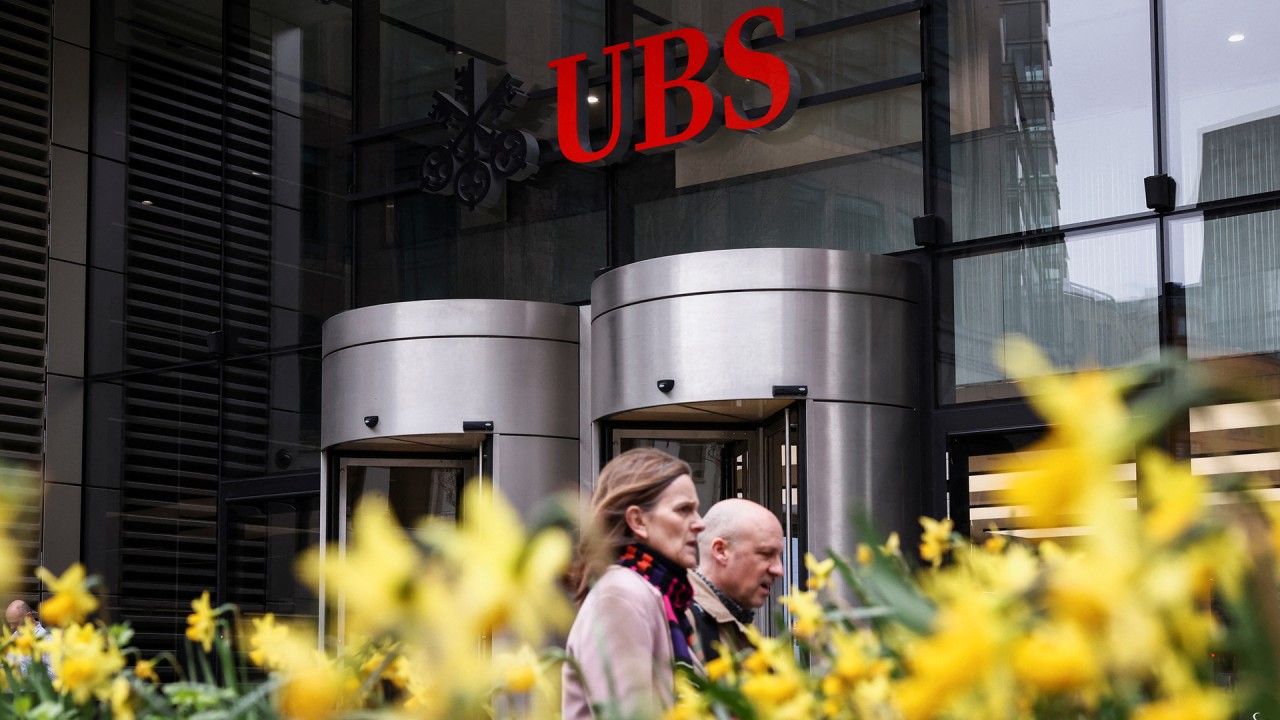
Deposit flight shows damage from the latest banking crisis is far from done
- The effects of a long period of low interest rates being followed by sharp rate increases are likely to be long-lasting and produce more than a mild recession
- Rather than repeatedly tightening regulations after a crisis, policymakers should focus on ending quick fixes such as monetary or fiscal easing
The reality is that even if the biggest banks are well capitalised and regulated enough to avoid collapse, many smaller banks are suffering from large outflows of deposits. The widespread credit tightening this is provoking is likely to trigger more than a mild economic recession.
Asia’s corporate sector, and especially that of “emerging” Asia, is highly exposed in terms of borrowing relative to gross domestic product size, according to the Institute of International Finance data at the end of 2022. The ratio for corporate Asia was 130 per cent, well above the 97 per cent figure in mature economies.
Even if many financial analysts and investors have somehow managed to miss the significance of what this combination of high indebtedness with rising interest rates implies for a highly stressed banking sector, depositors have not.
These are only temporary measures, however. They do not address the now urgent issue of banks, which see their deposits quickly evaporating, naturally becoming nervous about expanding their existing loan books, or even continuing to lend at all, in the wake of such trauma.
As former US Treasury secretary Henry Paulson said in an interview with the Financial Times, “if you’re running a small or regional bank right now, you wouldn’t be lending”. That leads to a credit squeeze and, as Paulson added, “it’s pretty likely we’ll see a recession” as a result.
Paulson was at the centre of the action during the 2008 global financial crisis, so he knows a thing or two about crises. His expressions of concern about how quickly financial crises can spread with the aid of social media should be taken seriously.
This is a subject that is also beginning to exercise the minds of other responsible people. Hung Tran, a former executive managing director at the Institute of International Finance and now a non-resident senior fellow at the Atlantic Council, is one such voice of caution.

As noted at a March meeting of the Basel Committee on Banking Supervision, the “internationally active” concept is outdated. Rather, policymakers need to explore whether rules should be applied to banks of “international relevance” or those with the potential to destabilise the wider financial system.
At the end of the day, prevention is always better than a cure. Rather than repeatedly having to tighten regulations after the event of a banking crisis, it would help if policymakers were to focus on putting an end to quick-fix policymaking such as monetary or fiscal easing and subsequent tightening.
Highly relevant in this context is the call by Augustin Carstens, the head of the Bank for International Settlements, for governments and central banks to stop seeking quick fixes to boost their economies each time recession hits or growth stalls and to tackle deeper economic reforms instead. A loud “amen” to that.
Anthony Rowley is a veteran journalist specialising in Asian economic and financial affairs


